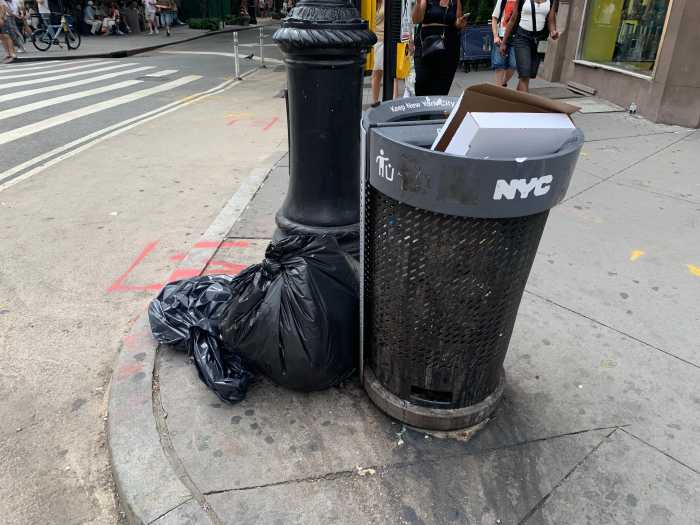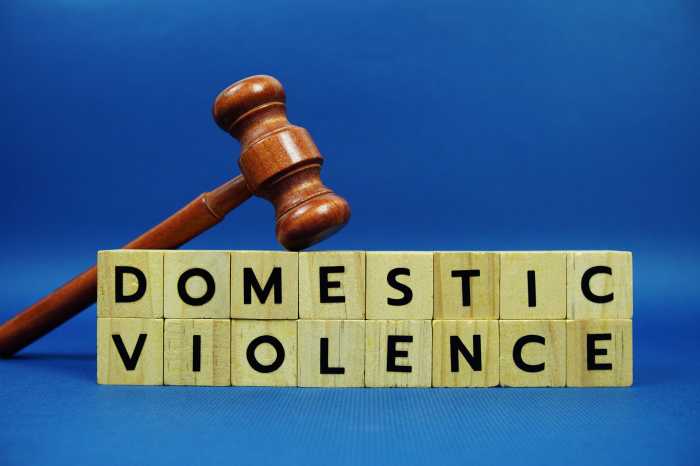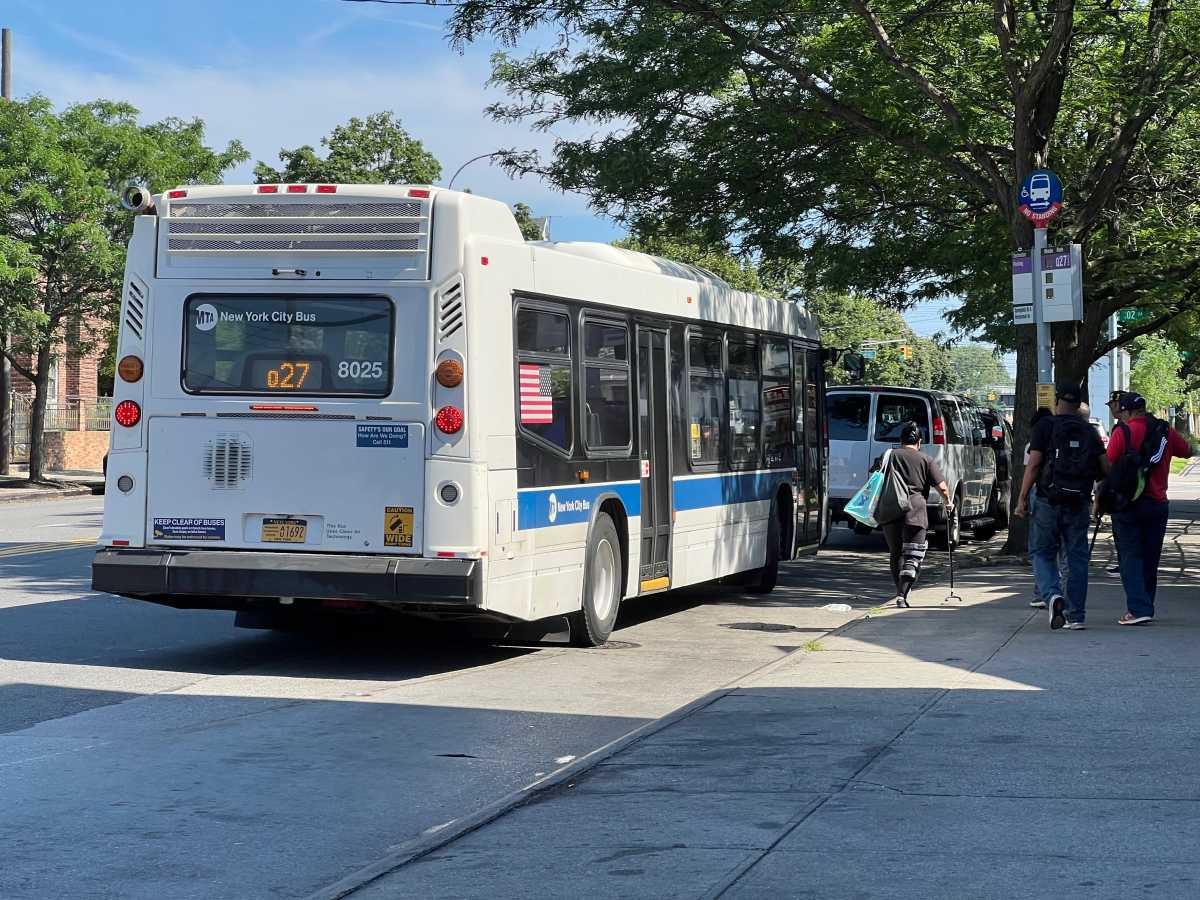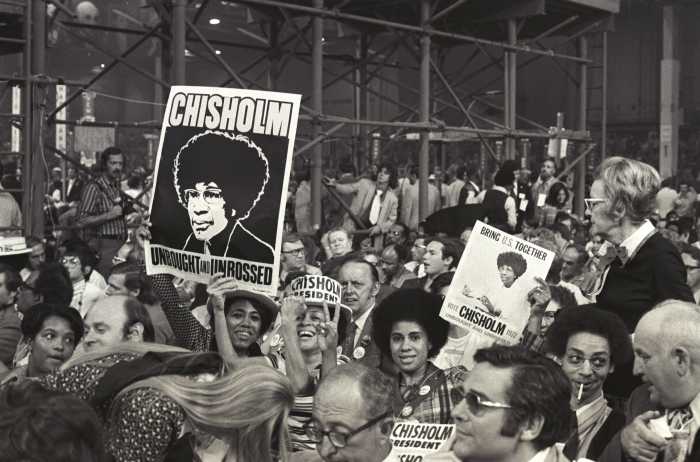Ten years ago this week, no state in America afforded lesbian and gay couples marriage equality. The victory in Massachusetts was almost a year and a half away –– and New York’s, nine years. The sitting president in 2002 was hatching a strategy for re-election two years down the road that had as its cornerstone a cynical ploy to pull out conservative evangelical voters in swing states with a host of ballot measures banning same-sex marriage.
New York State didn’t have a gay rights law then. Nor did it offer public school students who were lesbian, gay, transgender, bisexual or questioning safeguards against bullying and harassment. Protections for the state’s L.G.B.T. citizens –– outside of localities, such as New York City –– consisted of a hate-crimes law and survivor benefits for those who lost a same-sex partner in the 9/11 attack.
At the federal level, there were still no constitutional protections for those arrested on sodomy charges. The Matthew Shepard and James Byrd, Jr., Hate Crimes Prevention Act would not be enacted for another seven years.
Openly gay and lesbian service members were being rooted out of the military. Entry into the U.S. was denied to anyone who acknowledged being H.I.V.-positive.
Every one of those things has changed –– except that advocates in New Jersey, where the state’s high court ruled in 2006 that same-sex couples are entitled to at least civil union rights, are still battling for full marriage equality, most recently in the face of a veto by Republican Governor Chris Christie.
And, in noting the phenomenal progress here in New York, it must be acknowledged that the transgender community remains outside the purview of civil rights protections that gays and lesbians won in 2002.
The most pressing challenge, of course, comes in the November election. There is no disputing the historic advances gays and lesbians have made under President Barack Obama. Gay men and lesbians can now serve openly in the military; visitors living with H.I.V. can now gain entry into the U.S.; L.G.B.T. Americans are now assured of access to their partners in hospitals; federal hate-crimes law now protects gay, lesbian, bisexual and transgender victims; our country is now affirmatively leading on gay rights globally; the Justice Department no longer defends the 1996 Defense of Marriage Act (DOMA); and the most powerful leader in the world has endorsed the right of gays and lesbians to marry.
Mitt Romney supports DOMA. While he has made no noise about reinstating Don’t Ask, Don’t Tell, he showed no support for its repeal, either. Though Romney has made bland pronouncements about being opposed to discrimination, it is unclear if he would advocate for –– or even support –– the federal Employment Non-Discrimination Act (ENDA).
The issue of ENDA raises a second critical challenge this year –– returning the Democrats to control of the U.S. House. Speaker John Boehner’s one initiative on L.G.B.T. issues has been to step into the breach left by the Justice Department to battle on behalf of DOMA in the courts.
Election Day drama will not be confined to the presidential, Senate and House contests. In four states, the right of same-sex marriage is at stake. In Maryland and Washington State, voters must decide whether to retain marriage-equality laws approved earlier this year by their Legislature and governor. In Maine, gay advocates are going back to the ballot to reverse a 2009 voter initiative that overturned the marriage-equality law enacted earlier that year. And in Minnesota, despite the pro-marriage-equality posture of Democratic Governor Mark Dayton, the L.G.B.T. community must fend off a right-wing effort to write discrimination into that state’s constitution.
This year, however, may be best remembered for the gay marriage question finally reaching the Supreme Court. Ready or not, gay marriage’s time in front of the conservative Roberts court may be at hand.
This Pride we’re all reminded of the blessings of living in interesting times — and of goals still to be obtained.



































